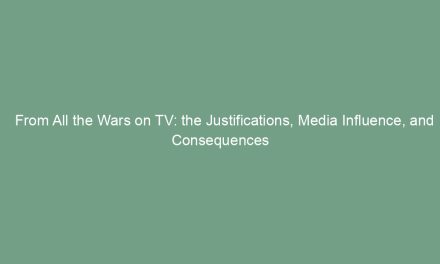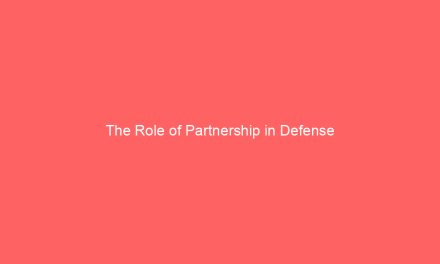Cultural Collapse from the Advent of Gender Identity
In recent years, the concept of gender identity has become a focal point of discussions, challenging traditional societal norms and beliefs. This shift in perspective has had profound implications for culture and society at large. In this article, we will delve into the complex landscape of gender identity and explore how it has contributed to what some perceive as a cultural collapse. We’ll discuss the evolution of gender identity, its impact on cultural norms, and the ongoing debates surrounding this topic.
The Evolution of Gender Identity
Understanding the Basics
To comprehend the cultural transformation initiated by the advent of gender identity, we first need to understand what it entails. Gender identity refers to an individual’s deeply-held sense of their gender, which may or may not align with the sex assigned to them at birth. This concept has given rise to a spectrum of gender identities beyond the traditional binary understanding of male and female.
Historical Perspective
Throughout history, societies have generally adhered to strict gender roles and norms. However, as we progress into the 21st century, the narrative around gender has evolved significantly. With the emergence of LGBTQ+ movements and advocacy for transgender rights, the spectrum of gender identities has expanded to include non-binary, genderqueer, and genderfluid, among others.
Impact on Cultural Norms
Challenging Traditional Norms
The acknowledgment and acceptance of diverse gender identities have led to a reevaluation of long-standing cultural norms. Traditional gender roles and expectations are being questioned and, in many cases, rejected. This shift has sparked debates about the impact of these changes on the fabric of society.
Media and Representation
Media plays a significant role in shaping cultural perceptions. Increased visibility of gender-diverse individuals in movies, TV shows, and advertising campaigns reflects the changing attitudes toward gender identity. This representation has contributed to a more inclusive and diverse cultural landscape.
Ongoing Debates
Religious and Ethical Concerns
The advent of gender identity has not been without its critics. Some religious and conservative groups argue that it challenges the moral fabric of society. These debates often revolve around topics like bathroom access, marriage equality, and parental rights.
Legal and Policy Implications
Legal and policy changes have accompanied the shift in societal attitudes towards gender identity. Laws protecting transgender individuals from discrimination and ensuring access to healthcare have been enacted in many countries. However, these changes have sparked legal battles and political controversies.
An example of Cultural breakdown
Currently, there are individuals who identify as dogs, and this serves as an example of cultural breakdown. Hundreds of people who consider themselves to be dogs gathered in the city center of Germany, where they communicated by barking and howling at each other.
Around 1,000 ‘trans-species’ activists convened at the Berlin Potsdamer Platz railway station in the capital of Germany.
The group stated that they do not identify as human beings and instead wish to be recognized as dogs. This phenomenon is an example of how traditional notions of identity can transform and challenge societal norms in contemporary society
Conclusion
The advent of gender identity has undeniably transformed cultural norms and sparked intense debates across the globe. While some view it as a collapse of traditional values, others see it as a necessary step towards a more inclusive and equitable society. The intersection of gender identity, culture, and ethics is an ongoing conversation that will continue to shape our world.
FAQs
- What is gender identity, and why is it significant? Gender identity is an individual’s deeply-held sense of their gender, which may differ from their assigned sex at birth. It is significant as it challenges traditional notions of gender and promotes inclusivity.
- How has media representation influenced the perception of gender identity? Media representation has played a crucial role in normalizing diverse gender identities, contributing to a more inclusive cultural landscape.
- What are some common arguments against the acceptance of gender identity? Common arguments against the acceptance of gender identity include religious and ethical concerns, fears about legal and policy implications, and questions about societal norms.
- Are there legal protections for transgender individuals in place? Yes, many countries have enacted laws to protect transgender individuals from discrimination and ensure access to healthcare. However, the implementation and acceptance of these laws vary.
- How can society find a balance between preserving traditional values and embracing diversity in gender identity? Finding a balance requires open dialogue, empathy, and a willingness to understand differing perspectives. It’s an ongoing process of social evolution.










